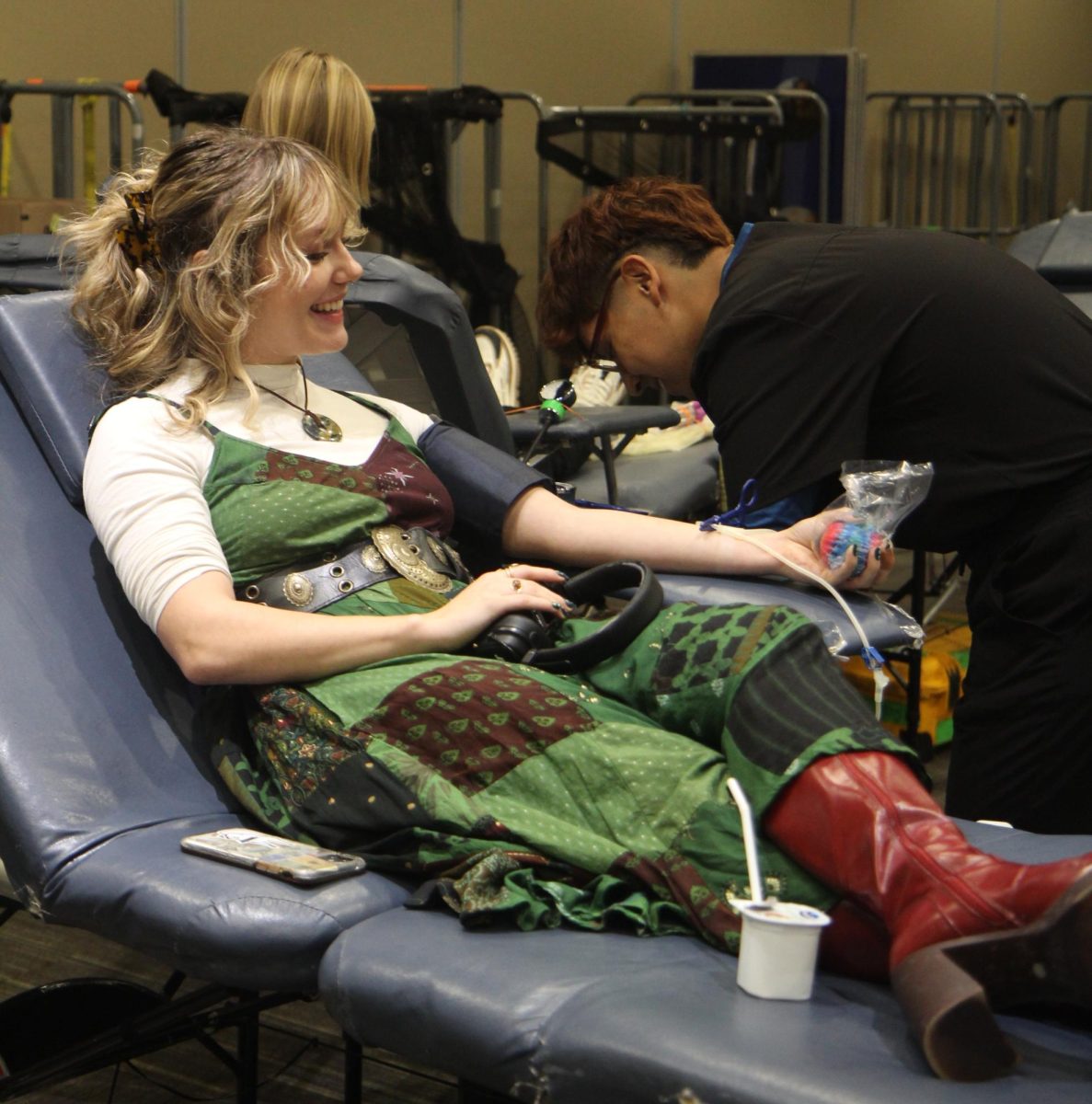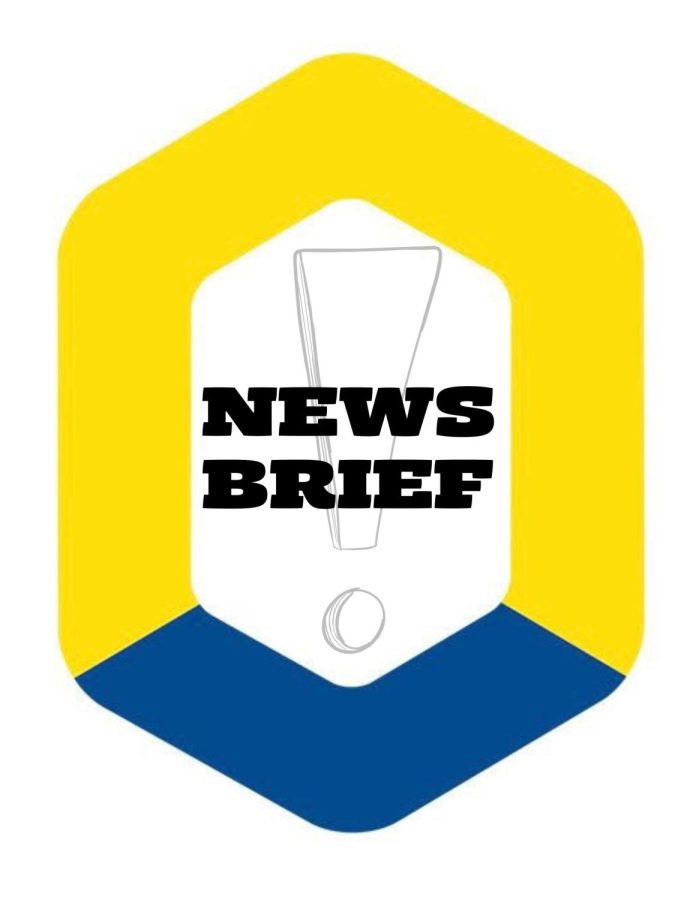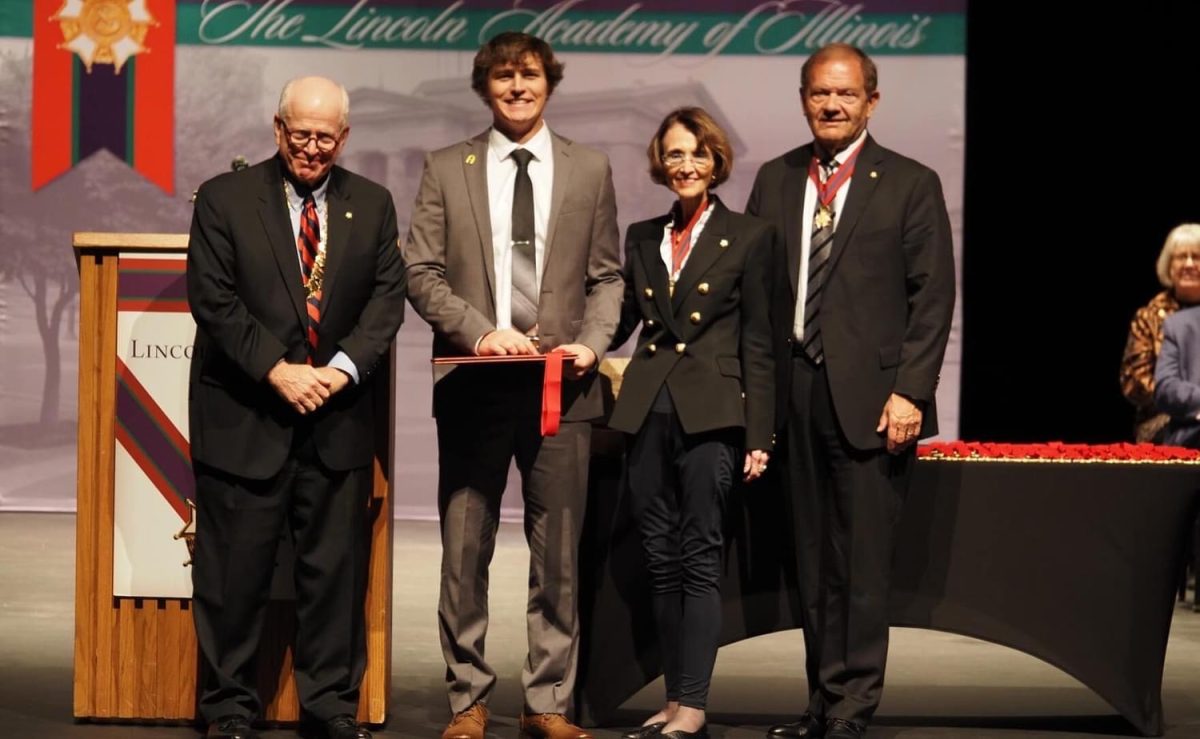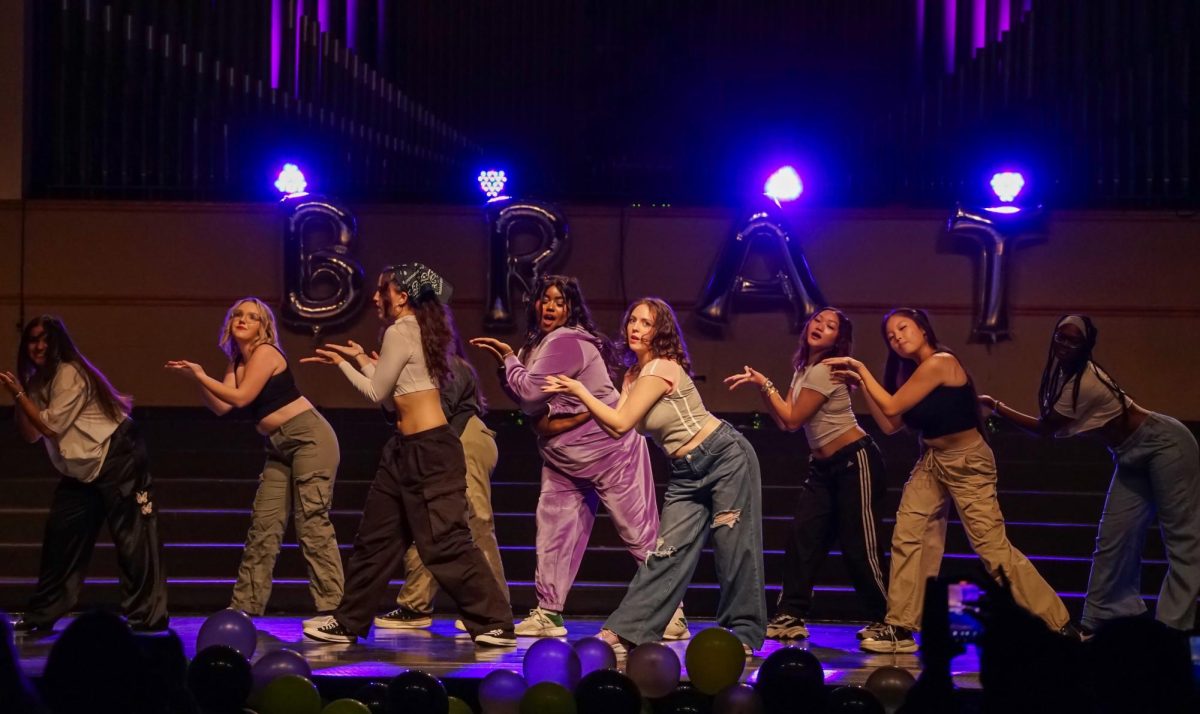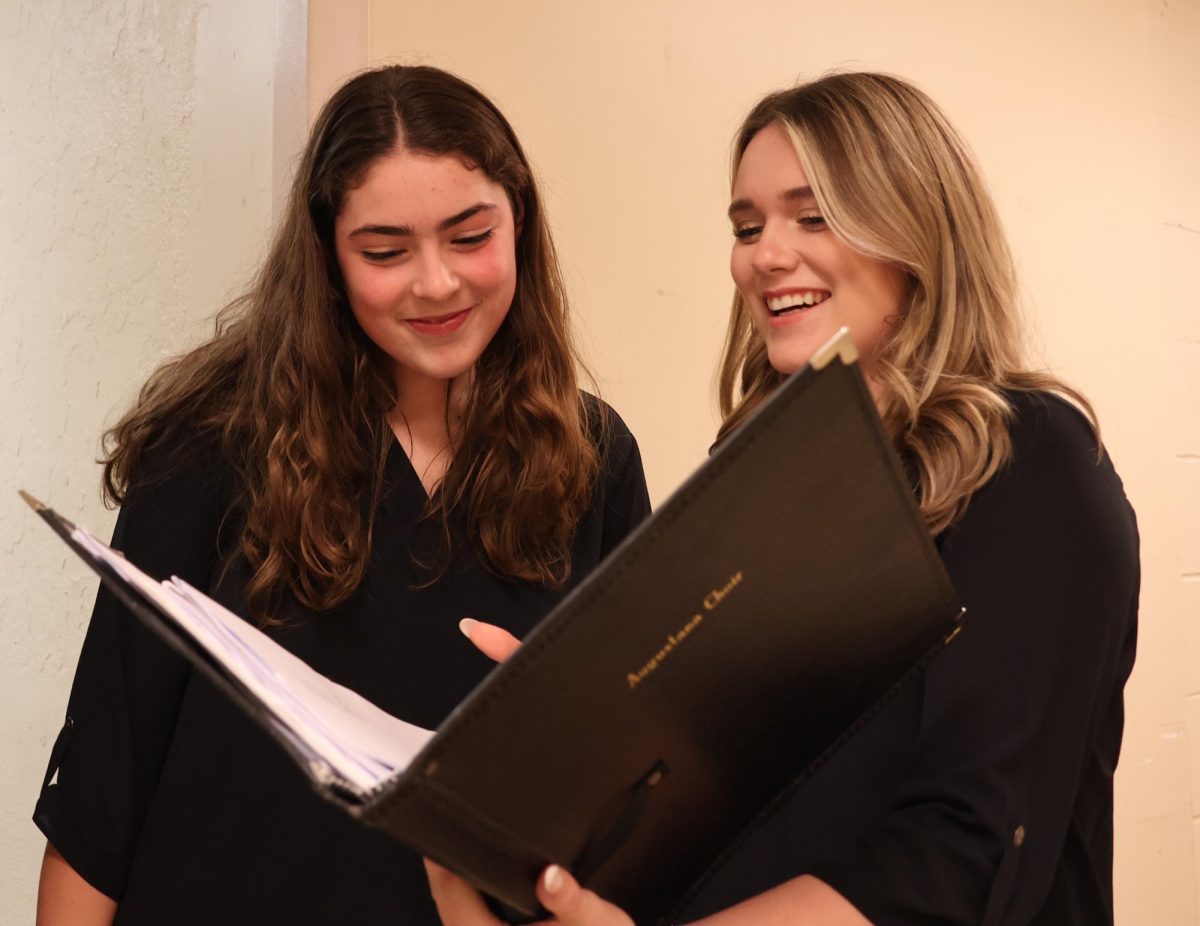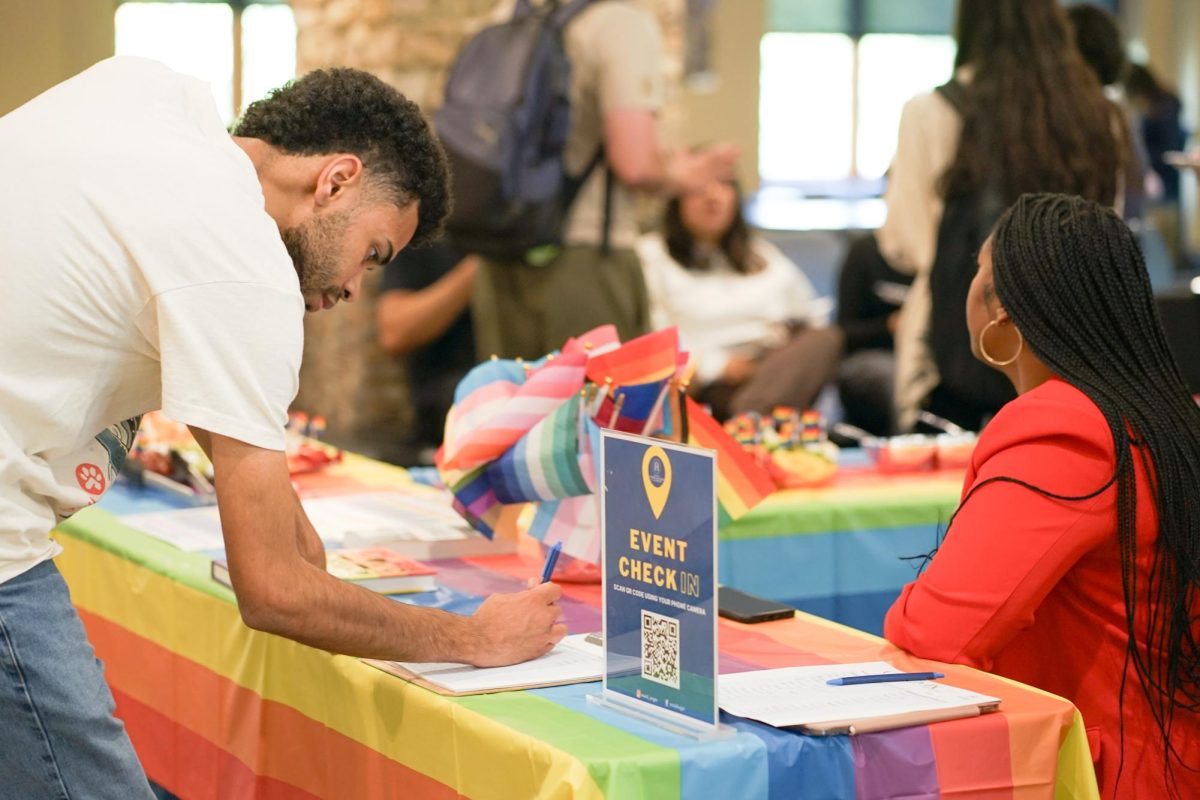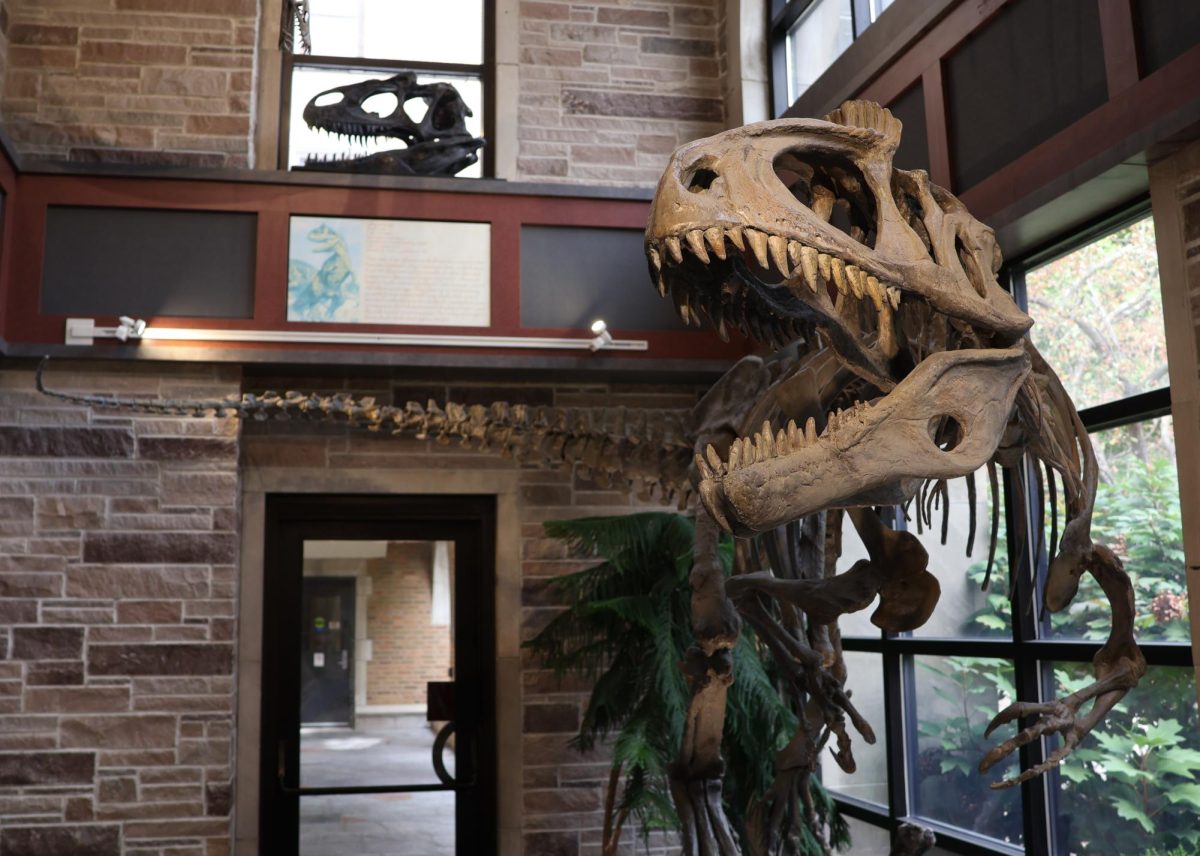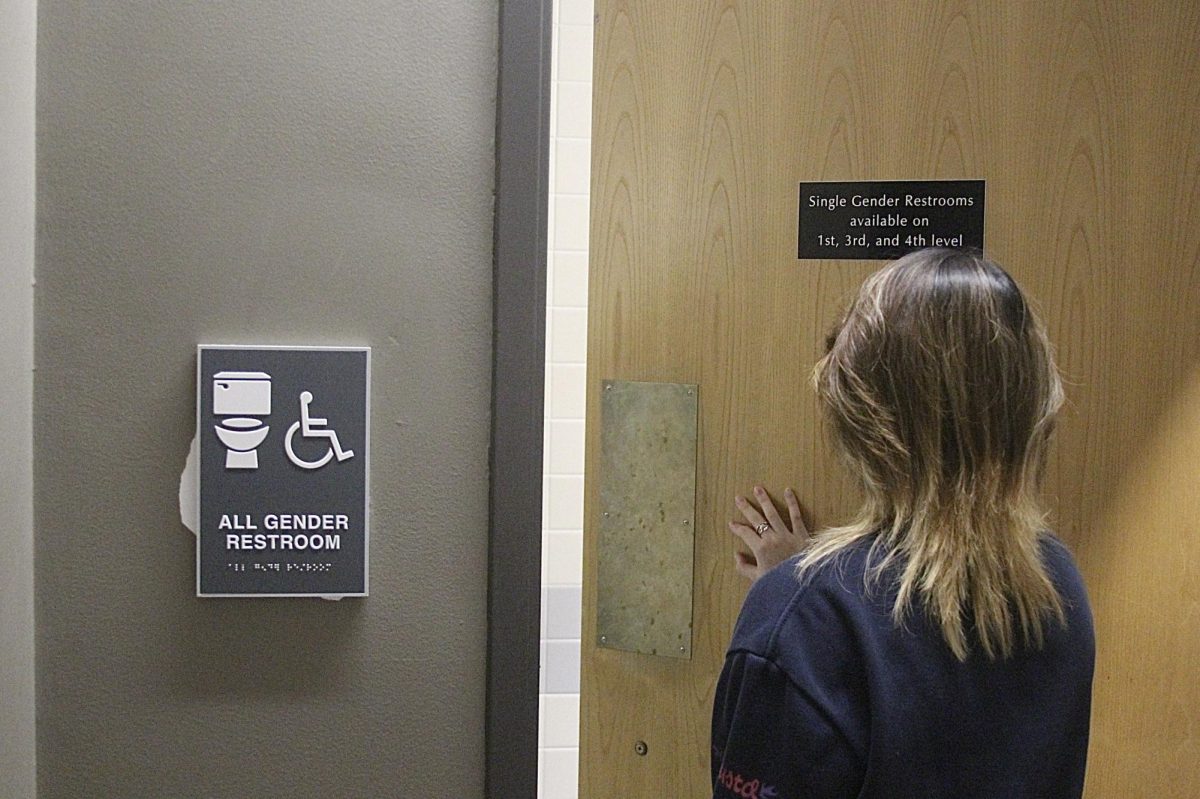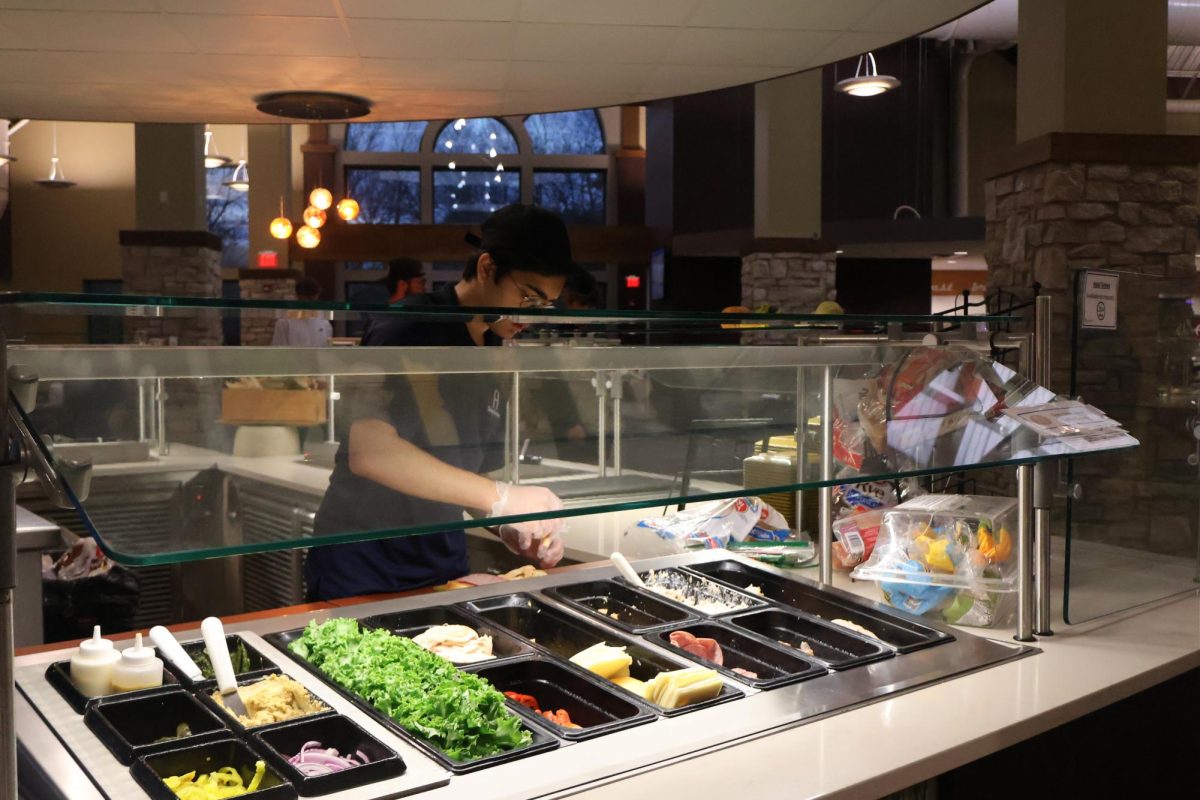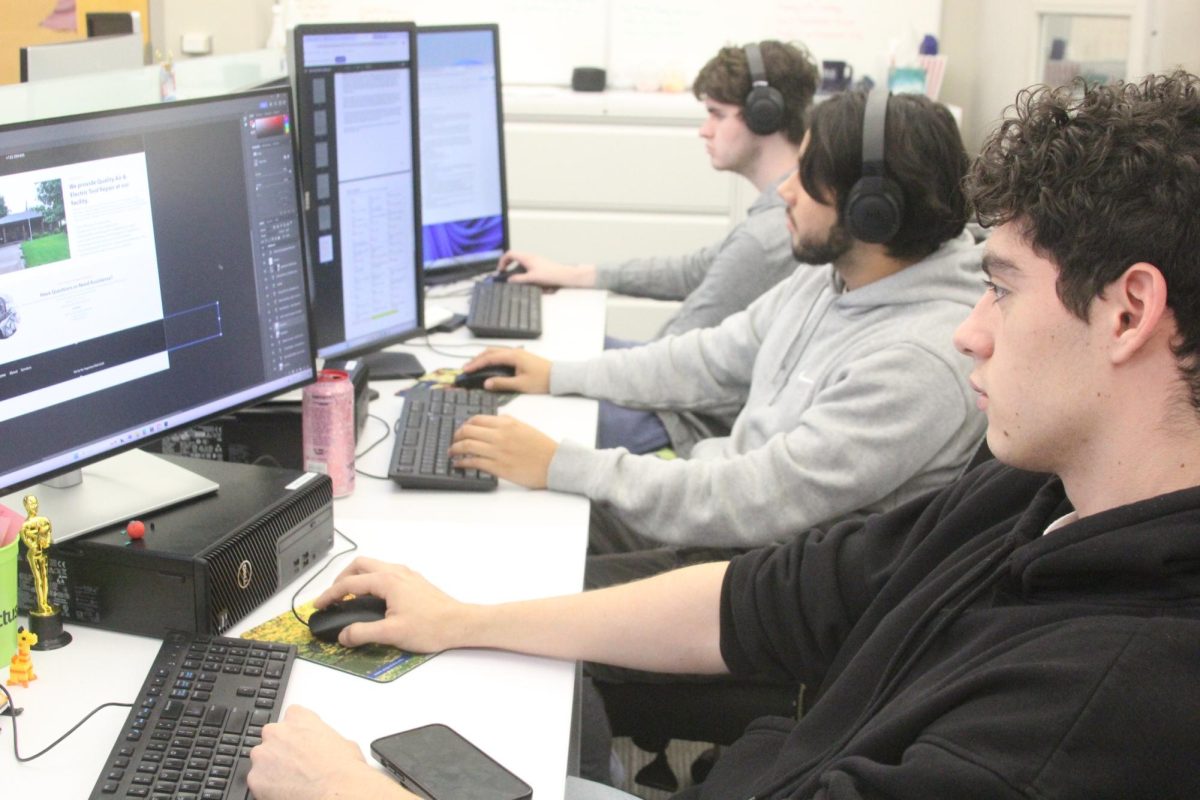On campuses nationwide, the concept of free speech often collides head-on with the uncomfortable reality of extremist rhetoric.
Recent campus protests at Yale and Columbia have been met with firm pushback from campus administration, igniting discussion about the extent of free speech on campus and what is considered an appropriate response from students or faculty.
Such collisions are not unfamiliar on the grounds of Augustana, where recent encounters with provocative protester, YouTuber and Pastor, Tony Miano, have sparked debates among students about the appropriate response, raising the question: Should we engage with extremist protests, or is silence the wiser choice?
While the answer is not straightforward, it’s critical for students to intervene when needed, like to prevent the spread of hate speech, but it’s also important that students recognize the need for a diverse community.
Meaning that, while you may not agree with a protester, Miano, who has recently been spotted across campus with pro-life memorabilia, they do have the legal right to express their views in public spaces.
But it is worth noting that the manner in which they choose to exercise this right can cross ethical boundaries and thus require intervention, either from the student or campus administration.
Freedom of speech is undoubtedly a cornerstone of our democracy, but it’s not absolute.
Yes, myself and other students at Augustana do recognize the importance of fostering a community of diverse perspectives, but we also condemn forms of expression that promote hatred, discrimination or seek to provoke negative reactions.
Extremist protests undermine the principles of constructive dialogue and mutual respect that we strive to uphold on our campus.
For instance, Miano has been spotted around the campus, presumably, for the reaction of students to his content.
Across his YouTube channel, which also represents the Grace Fellowship Church of Davenport, IA, and Cross Encounters Ministries, are various encounters with students from Augustana College and University of Iowa, among other campuses.
It appears that Miano speaks to students, who he records with a body camera, for content.
Now, would he be considered an extremist?
An extremist is defined as, “[Either] the quality or state of being extreme [or the] advocacy of extreme measures or views.”
So, yes, Miano would be considered an extremist by this definition.
He has gone out of his way, from the ministry’s headquarters in Iowa to Augustana’s campus, in Illinois, armed with posters and a body camera to encourage discussion with students who disagree with him and advocate for his views.
In terms of the question to engage, or not to engage, with extremist protestors, like Miano, who profits off engagement, the answer is no.
Not only does not engaging with Miano result in him not gaining content for his YouTube channel, but it also prevents students from engaging in something that can be emotionally and psychologically taxing.
There is the potential that ignoring those who express views defined as extreme may inadvertently signal complacency or tacit approval of their rhetoric, allowing it to fester unchallenged.
But, in this case, engaging leads to more harm than good.
It may motivate further presence on-campus, as it gives him the opportunity to create more content, and an opportunity to legitimize his views to a greater extent or escalate tensions, potentially leading to confrontations or even violence.
Thus, it’s crucial for students to weigh the potential risks and benefits of engaging with extremist protests.
While confrontation may sometimes be necessary, there are also alternative forms of protest that can effectively counter extremist voices without descending into hostility.
Events like Take Back the Night provide platforms for activism and solidarity-building, offering a more positive approach to addressing social issues.
The debate over whether to engage with extremist protests is not just about exercising free speech, but also creating an environment where all members feel safe and valued. Let us strive to foster dialogue, understanding and stand firm against hate in all its forms.
